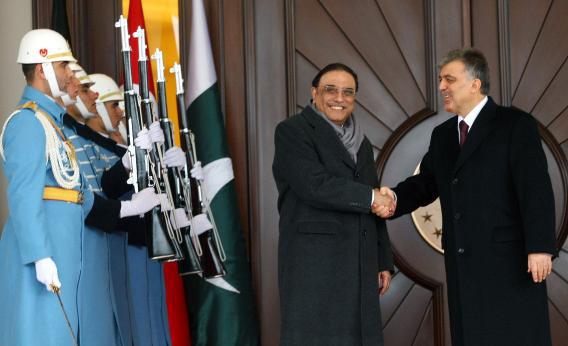Josh Miller, the young Princeton dropout who co-founded the tech startup Branch, wrote a post last week that examined the social-media scene through the eyes of his 15-year-old sister. She told him that the photo-sharing service Instagram and the photo-messaging app Snapchat are the tools of choice, with more established sites like Facebook and Tumblr enjoying less cachet among her set. Here’s what she had to say to her older brother about Twitter:
Nobody uses it. I know you love it but I don’t get it. I mean, I guess a a few kids use it but they’re all the ones who won’t shut up in class, who always think they have something important to say.
That will probably come as news only to people who don’t use Twitter regularly. Compared to the highly visual and intimate feel of apps like Instagram and Snapchat, Twitter is text-heavy, impersonal, and resolutely public. It trades in wisecracks and news bites, not photos or flirting. But this dispatch from the halls of high school does reinforce the amazing alacrity with which Twitter has transitioned from next-big-thing startup to establishment-media player—bypassing the “cool with the kids” stage along the way. And if anecdotal evidence from one 15-year-old doesn’t do it for you, consider that a Pew survey in 2011 found just 16 percent of teens used Twitter, a rate not much higher than that of the overall population at the time.
So if the kids don’t use Twitter, who does? Well, world leaders, for one. A new study by the Digital Policy Council finds that an overwhelming 75 percent of the world’s heads of state maintain accounts on the site. The rate for democratic countries is even higher: 87 percent. And given how fast those numbers have been growing, the council estimates they will start to approach 100 percent before 2013 is out, rendering Twitter “a de facto communication tool for all heads of state.”
According to the study, the regions with the highest concentration of leaders using the site are Europe, the Middle East, and Latin America. How many of those leaders actually craft their own tweets, the study does not say.
Now for the fun part: a ranking of the top heads of state on Twitter, based on follower count as of December 2012:
- Barack Obama - United States - 24.6 million
- Hugo Chavez - Venezuela - 3.8 million
- Abdullah Gul - Turkey - 2.6 million
- Rania Al Abdullah - Jordan - 2.5 million
- Dmitry Medvedev - Russia - 2 milllion
- Dilma Rousseff - Brazil - 1.8 million
- Cristina Fernandez de Kirchner - Argentina - 1.5 million
- Juan Manuel Santos - Colombia - 1.5 million
- Enrique Pena Nieto - Mexico - 1.4 million
- Mohammed bin Rashid Al Maktoum - UAE - 1.3 million
The full report is available here.
